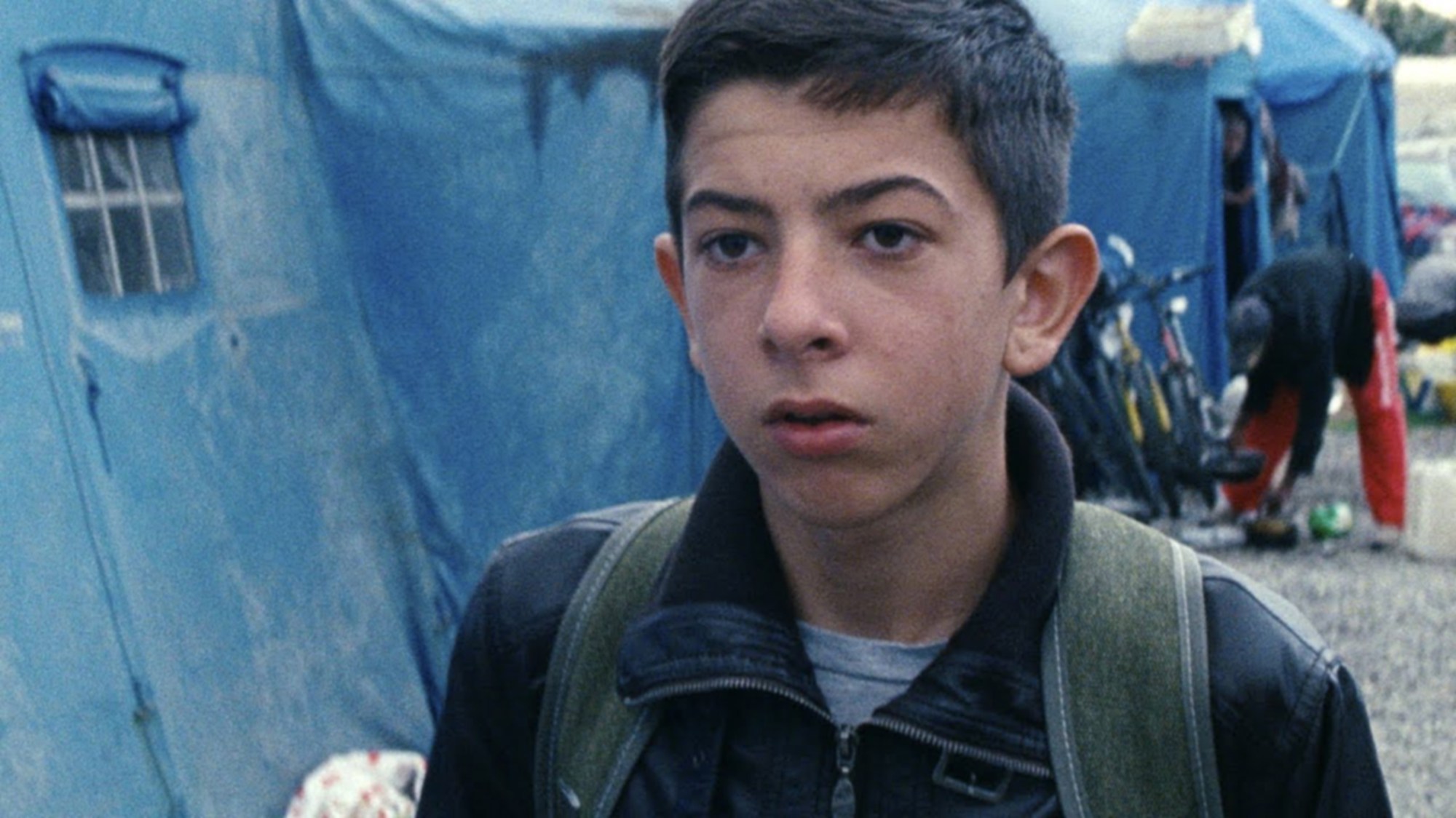
- Golden Globe Awards
A Ciambra (Italy)
Italian American director Jonas Carpignano’s A Ciambra won a Directors Fortnight prize at the Cannes Film Festival and was acquired for distribution by IFC’s Sundance Select label. It is a film steeped in the Italian neorealist tradition as well as modern documentary influenced dramas (think Andrea Arnold’s American Honey or Chloe Zhao’s The Rider, also at Cannes this year).Carpignano, who resides in Gioia Tauro, the small port city in Calabria, infamous for the local influence of the ‘Ndragheta organized crime syndicate, previously produced a short about a family of Gypsies he first met when they stole his car in 2011. As he explained, he became fascinated with the real-life Amato family and the squalid compound the clan calls home. “I knew then this was a reality that needed to be expressed on a movie screen,” the director added. Among those who agreed was Martin Scorsese who executive produced the film.The story centers on fifteen-year-old Pio, who is on the cusp of coming of age and graduate to the life of small-time theft, through which the men support the family. Even as he chafes to become a full-fledged adult member of the clan, his father, mother and older brothers – constantly in and out of prison – rebuff his demands for full participation. Pio, playing himself – a brooding, magnetic presence for a non-professional actor – channels his frustration through a warm friendship with a good-natured immigrant from Burkina Faso (Koudos Seihon) who becomes a surrogate parent of sorts, helping him, but also steering him away from the life of petty crime and especially the more dangerous liaisons with the menacing organized crime of “the Italians” which looms in the background.It’s a slice of life coming-of-age story which stands out for having the ultimate outsiders – a Romani family – tell their own story, in turn painful, emotional and elegiac. The Amato family is remarkable as cast – from grandparent to toddlers, and Pio is a standout. It is also an empathetic portrayal of a region, at the tip of the Italian boot which is a crossroads of the contemporary issues which plague and define modern society: poverty, discrimination, race, and crime. It is sometimes difficult to remember that this landscape of organized crime, illegal immigrant labor, refugees and endemic lawlessness, is, in fact, Europe and not what we may think of as a faraway “developing world”.